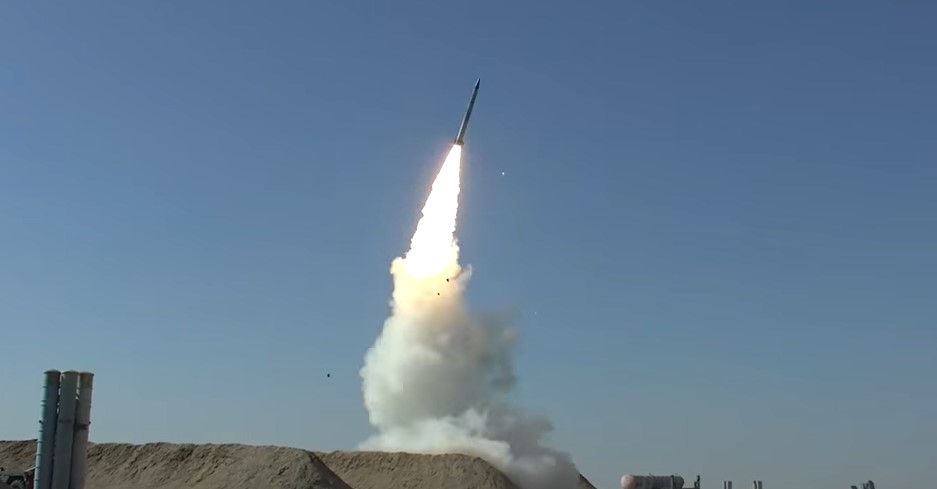New Delhi/Washington D.C. – May 8, 2025 Tensions between India and Pakistan surged to dangerous new heights Wednesday after Indian airstrikes, part of “Operation Sindoor,” targeted what New Delhi described as terrorist infrastructures in Pakistan and Pakistan-administered Kashmir. In swift retaliation, Pakistan’s armed forces launched counter-strikes along the disputed Line of Control (LoC), igniting fears of a broader regional conflagration between the two nuclear-armed neighbors.
Escalation to de-escalation: decoding India-Pakistan tensions | Live with Suhasini Haidar https://t.co/EnWMBbaIut
— The Hindu (@the_hindu) May 12, 2025
A Calculated Strike and Its Repercussions
According to Indian military sources, the pre-dawn air campaign struck at least nine locations across Pakistan’s Punjab province and areas of Pakistan-administered Kashmir. Indian officials claim that the operation specifically targeted 21 alleged terrorist camps linked to militant groups responsible for the recent deadly attack in Pahalgam—which claimed the lives of 26 civilians. In a press briefing, New Delhi emphasized that the strikes were “focused, measured, and intended to disrupt terrorist networks” rather than to provoke an all-out conflict.
However, Pakistani authorities painted a starkly different picture. A senior Pakistani military official disclosed that the Indian airstrikes resulted in the deaths of 31 civilians and injured 57 across several cities—including Sialkot, Shakargarh, Muridke, Bahawalpur, Kotli, and Muzaffarabad. In response, Pakistan vowed a “decisive response” and announced that its military had already retaliated by engaging Indian drones and missile systems, reportedly downing up to 25 unmanned aerial vehicles in the ensuing clashes.
Cross-Border Shelling Intensifies
The escalation was compounded by cross-border artillery fire. On the Indian side, reports from the Poonch district in Jammu indicate that Pakistani shelling claimed at least 14 lives—including one soldier and 13 civilians—and injured dozens more. Indian police and military spokespersons confirmed that shelling incidents led to significant damage in border towns, adding to the already volatile security situation in the region.
Diplomatic sources reveal that both countries have entered a precarious deadlock. While New Delhi asserts that its actions were a necessary preemptive measure against future terrorism, Islamabad argues that the strikes contravene international norms and amount to an “act of war,” demanding that India be held accountable for civilian casualties.
Global Diplomatic Response
The international community has reacted with measured alarm. U.S. President Donald Trump, speaking from the White House, urged both nations to “halt further escalation” and engage in dialogue to resolve their differences. Meanwhile, China’s Foreign Ministry advised its citizens and institutions in the region to exercise heightened caution amid the ongoing conflict. The United Kingdom’s Foreign, Commonwealth & Development Office also issued travel advisories, instructing its nationals to avoid areas near the India-Pakistan border, as tensions continue to mount.
Regional experts warn that the current flare-up, if left unchecked, could quickly spiral into a wider diplomatic crisis. “The delicate balance in South Asia is at a tipping point,” said Dr. Anjali Mattoo, a senior analyst at the Institute of International Affairs. “Both nations must prioritize de-escalation through diplomatic channels rather than military posturing, as any miscalculation could have catastrophic consequences not just for the region, but for global security.”
The Road Ahead
As the dust begins to settle over the battlefield, international mediators are reportedly seeking urgent talks between India and Pakistan to prevent further bloodshed. The heightened military activity and retaliatory actions underscore a bitter legacy of mistrust and unresolved grievances between the two states—issues that have long prevented lasting peace in the region.
With casualties mounting on both sides and global economic and security interests hanging in the balance, the world watches anxiously as South Asia teeters on the brink of a potential crisis. For now, diplomatic engagement remains the only viable path to quell the conflagration and restore stability to one of the world’s most volatile regions.

I’m an independent writer covering global news with a focus on U.S.-related topics.

